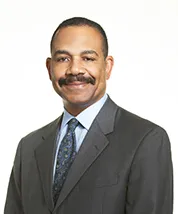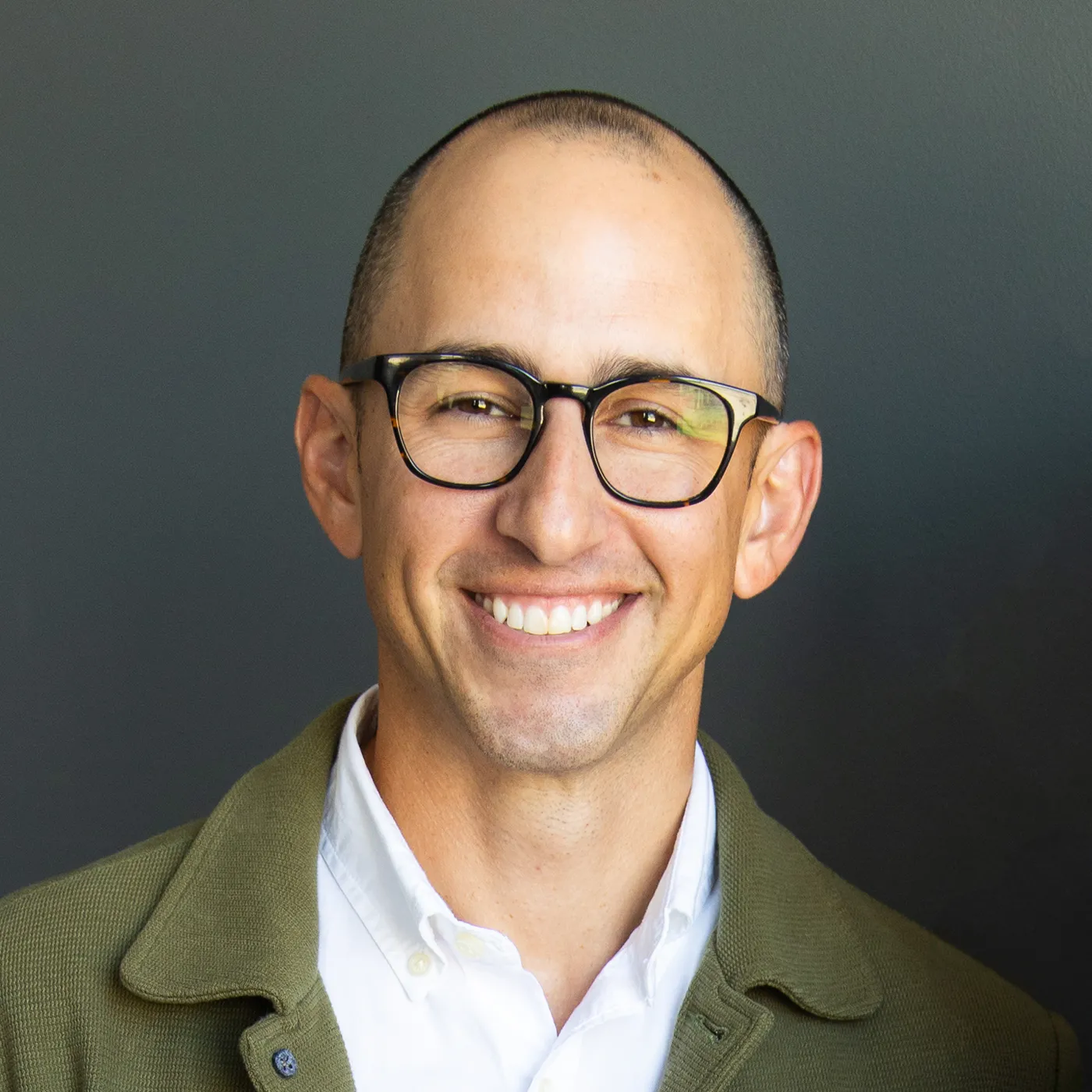Roderick Palmore, '77: Barrier Breaker Makes Opportunities for All

Last year, InsideCounsel named one of its prestigious leadership awards for Roderick (Rick) Palmore, ’77. The Roderick Palmore Pathmaker Award recognizes legal leaders who have accelerated opportunities for attorneys of color and women.
Pathmaker is the right word to describe Palmore. His own story is one of forging new paths, and his commitment to opening paths for others has resonated throughout the legal profession.
Since 2008, he has served General Mills as executive vice president, general counsel, chief compliance and risk management officer, and secretary. Before that he was at Sara Lee for twelve years, eight of them as executive vice president, general counsel, and secretary.
When he assumed the GC position at Sara Lee, Palmore became one of just eleven persons of color in a GC role at a Fortune 500 company. Ten years before that, he had become the first African American partner at Wildman, Harrold, Allen & Dixon. When he was elected to Goodyear’s board of directors in 2012, African-Americans constituted roughly 6 percent of Fortune 500 board membership.
“There’s no question that my University of Chicago Law School degree has helped me break barriers,” he says. “The credential helped, but more importantly, the education I received prepared me to work at a high level in any setting.”
Not content just to enjoy his own successes, Palmore has pushed to open doors for others, too. He recalls a key moment in that process: “One day in 2004, on my way home after having exhorted a group of leaders about doing better at expanding opportunities for minorities, I asked myself, ‘Rick, what are you doing about this problem?’ ”
That led him to compose “A Call to Action—Diversity in the Legal Profession.” More than 120 chief legal officers signed on to that document, committing themselves to achieving greater equality of opportunity within their own organizations and to holding their outside counsel accountable, too: “[W]e will make decisions regarding which law firms represent our companies based in significant part on the diversity performance of the firms … . We further intend to end or limit our relationships with firms whose performance consistently evidences a lack of meaningful interest in being diverse.” A few years later, Palmore led the creation of the Leadership Council on Legal Diversity, a collaboration among general counsels and managing partners focused on developing diverse talent.
He says that he is disappointed with the progress since his call to action was issued: “While I’m happy for some things—that there is an ongoing conversation about equal opportunity in our profession and that there are many well-intentioned people trying to make a difference, for example—the results that I would like to see just aren’t there. We still have too many of the same challenges that we faced ten years ago.”
Palmore sees many reasons for the slow inclusion of people of color, women, and other underrepresented groups, including a failure to recognize the need to develop and retain legal talent. “If you’re still bringing in twenty people and then getting rid of nineteen of them, you’re spending a lot of money and wasting a lot of talent, and your competitor who retains and develops people is going to be in a much stronger position. Those issues may affect diverse talent disproportionately, but they affect everybody. A lot of firms and companies still are failing to recognize that.”
In Palmore’s own case, the commitment to developing talent began with his parents. Lacking high school degrees themselves, they were determined that their five children would have opportunities that they did not have. Each of the siblings attended college. Palmore’s own children have followed the family path: his daughter is a lawyer and his son is working toward an MBA.
He has shown a similar ability to inspire success in the workplace: five of the lawyers he has mentored have gone on to head Fortune 500 legal departments. “The day when everyone in our profession has a real chance to succeed is the day that we can set diversity aside as an issue,” he says. “Right now, there’s a long way to go.”


